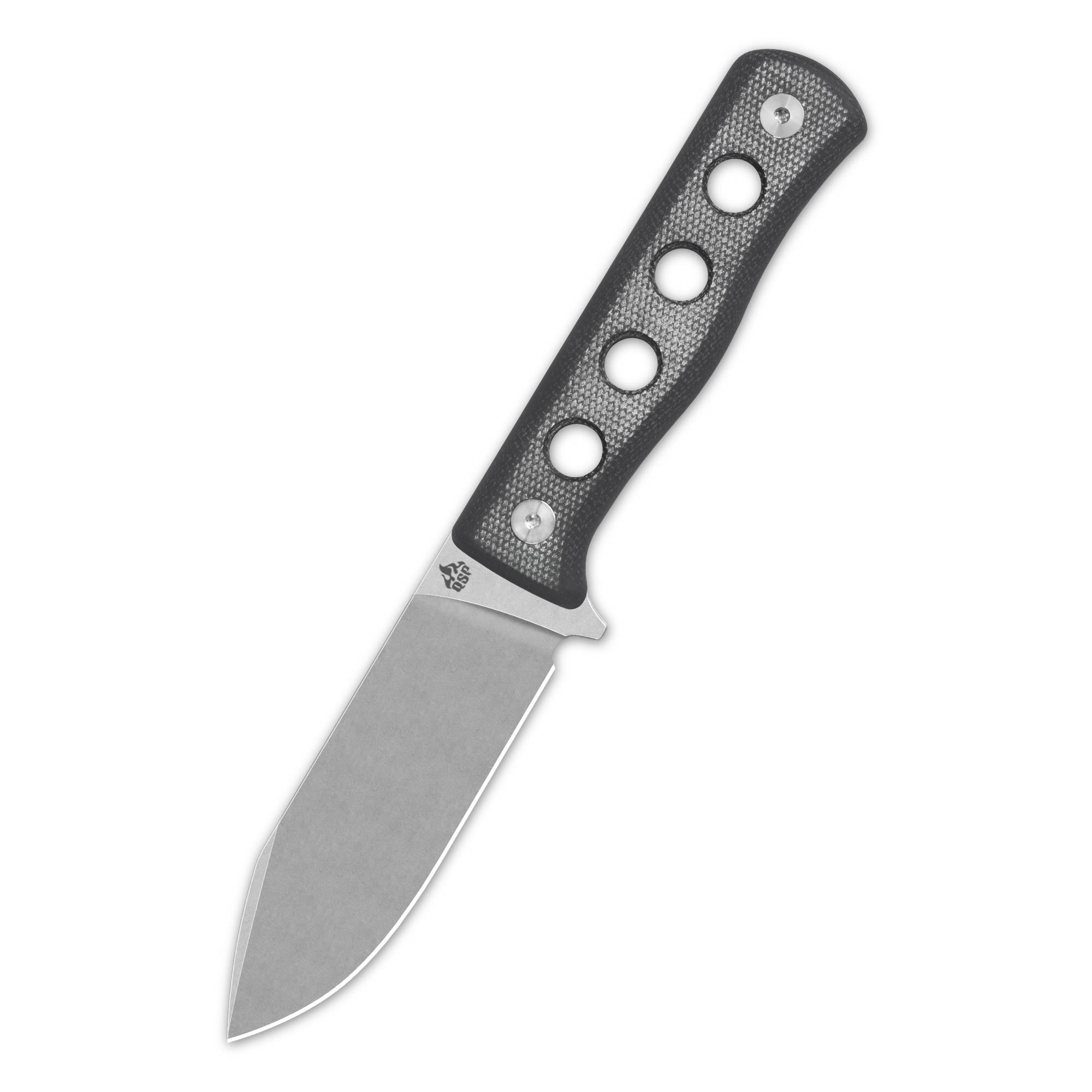Everyday Carry (EDC) knives are essential tools for many individuals, providing utility, reliability, and sometimes even a sense of security. When it comes to selecting the best EDC fixed blade knife for your needs, there are several factors to consider. This guide will help you navigate through the key aspects to ensure you make an informed decision.

Understanding the Basics of EDC Fixed Blade Knives
Before diving into the specifics, it's crucial to understand what an EDC fixed blade knife is. Unlike folding knives, fixed blade knives have a solid, non-folding blade that is typically stronger and more durable. These knives are often favored for their robustness and reliability in various tasks, from cutting rope to preparing food.
Blade Material and Construction
The material of the blade is a significant factor in choosing the best EDC fixed blade knife for your needs. Common materials include stainless steel, carbon steel, and high-carbon stainless steel. Each has its pros and cons:
- Stainless Steel: Known for its resistance to rust and corrosion, making it ideal for wet environments. However, it may require more frequent sharpening.
- Carbon Steel: Offers excellent edge retention and is easier to sharpen. However, it is more prone to rust and requires regular maintenance.
- High-Carbon Stainless Steel: Combines the best of both worlds, offering good edge retention and corrosion resistance.
Blade Design and Shape
The design and shape of the blade play a crucial role in its functionality. Here are some common blade shapes and their uses:
- Drop Point: Versatile and popular for its balanced design, suitable for a wide range of tasks.
- Tanto: Known for its strong tip, ideal for piercing and tactical use.
- Clip Point: Features a concave curve on the back edge, providing a sharp point for detailed work.
- Sheepsfoot: Has a straight edge and a rounded tip, perfect for slicing and cutting without the risk of accidental punctures.
Handle Material and Ergonomics
The handle of your EDC fixed blade knife is just as important as the blade. It should provide a comfortable and secure grip, especially during prolonged use. Common handle materials include:
- G-10: A fiberglass-based laminate that is lightweight, durable, and offers excellent grip.
- Micarta: Made from layers of fabric or paper soaked in resin, providing a strong and comfortable handle.
- Wood: Offers a traditional and aesthetically pleasing look, though it may require more maintenance.
- Rubber: Provides a non-slip grip, ideal for wet or slippery conditions.
Size and Portability
When selecting the best EDC fixed blade knife for your needs, consider the size and portability. A knife that is too large may be cumbersome to carry daily, while one that is too small may not be as functional. Look for a balance that suits your daily activities and carry preferences. Additionally, consider the sheath that comes with the knife, as it plays a crucial role in safe and convenient carry.
Conclusion
Choosing the best edc fixed blade knife for your needs involves careful consideration of various factors, including blade material, design, handle ergonomics, and size. By understanding these elements, you can select a knife that not only meets your daily requirements but also provides reliability and durability. Remember, the best knife is one that feels right in your hand and performs well in your intended tasks. Happy hunting!





